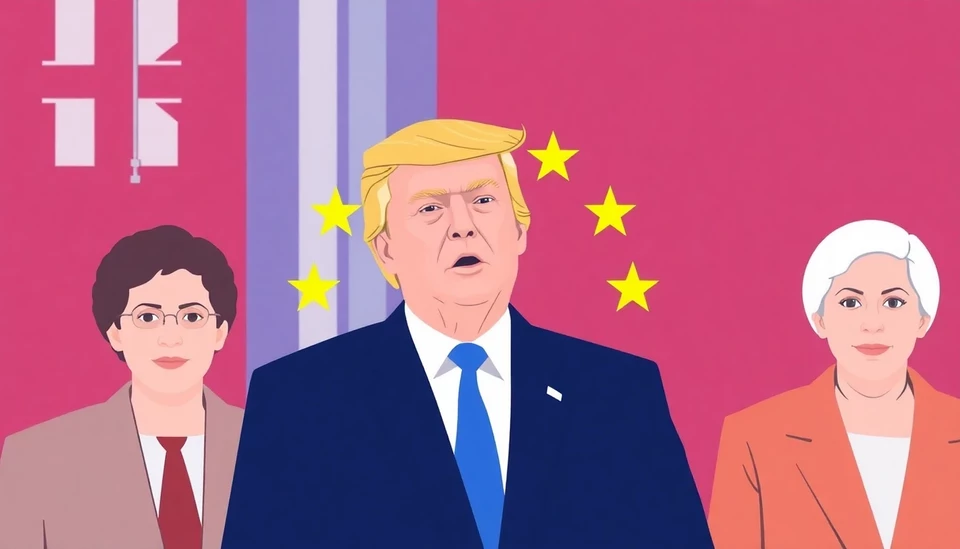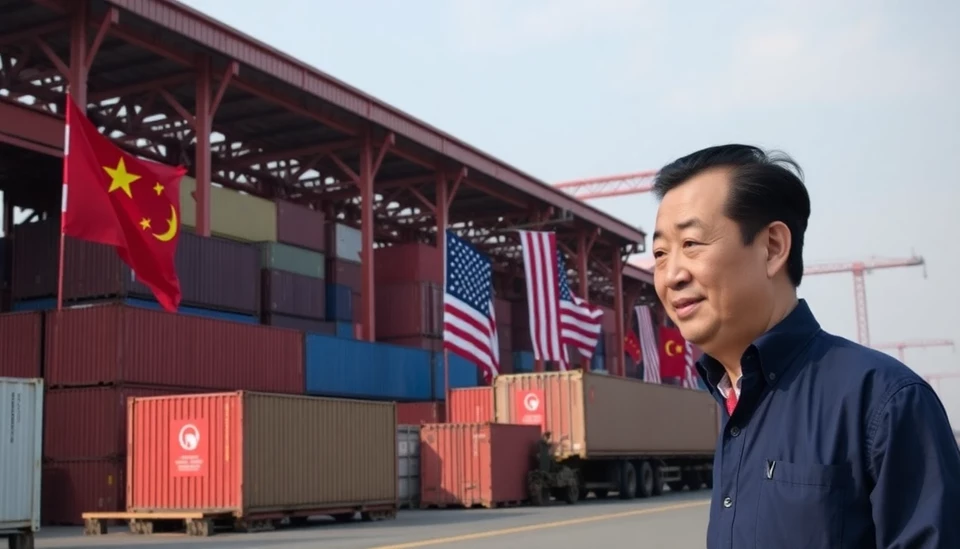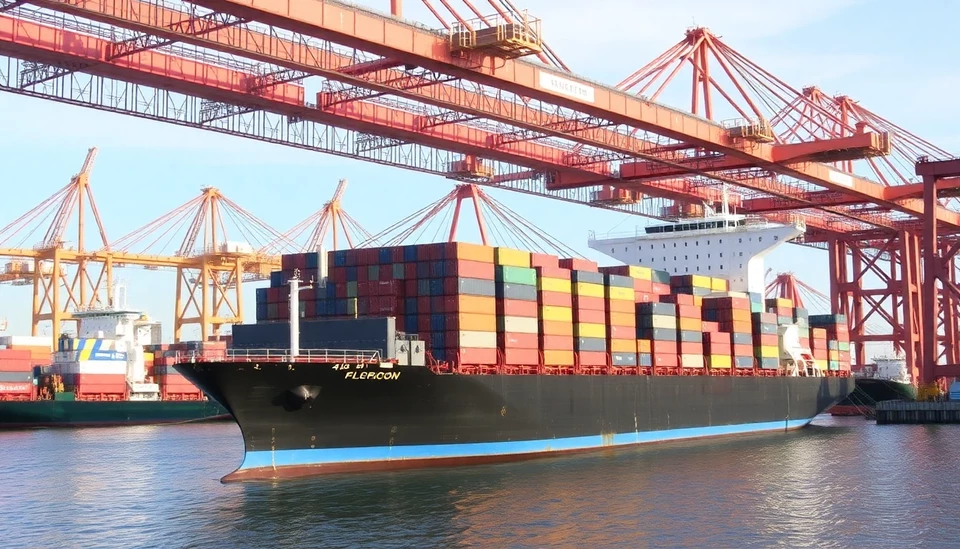
In response to the recent escalation of trade tensions initiated by former President Donald Trump, European Union (EU) leaders have expressed their determination to retaliate against what they deem as a "stupid" tariff war that threatens the stability of global markets. The remarks came during a high-stakes meeting of EU heads of state, where discussions centered around the implications of the United States' unilateral trade actions.
The backdrop of this conflict has been marked by Trump's controversial imposition of tariffs on a range of goods, which has not only triggered anxiety within the EU and its member nations but also raised alarms across various industries reliant on transatlantic trade. Leaders stressed that these tactics are counterproductive and undermine decades of collaborative effort in crafting a more equitable trading landscape.
During the summit, EU leaders articulated a unified front, stating that they would not passively accept these tariffs. They underscored that retaliatory measures would be necessary to protect their economic interests. Several member states highlighted the potential repercussions on jobs and businesses that could arise from an ongoing tit-for-tat trade war.
Furthermore, the EU's commitment to seeking an amicable resolution was made clear, with leaders advocating for dialogue rather than continued confrontation. They indicated a willingness to engage in diplomatic negotiations to find a mutually beneficial solution to the conflict, emphasizing the importance of maintaining healthy international trade relationships.
This robust response from the EU is not merely a defensive maneuver; it also reflects a broader concern regarding the implications of protectionist policies on global economics. Industry experts caution that such trade wars could lead to increased prices for consumers, supply chain disruptions, and a reduction in economic growth. The EU is poised to take strategic measures that not only protect its markets but also preserve the principles of free trade that have served to foster economic development worldwide.
The escalating tensions come against the backdrop of a shifting global economic landscape, where nations are increasingly challenged to balance their domestic interests with the demands of international commerce. As the EU prepares to respond to these aggressive tariffs, the stakes remain high—not just for the economies directly involved but for global trade dynamics as a whole.
As this story continues to develop, the international community watches closely, recognizing the potential fallout from a prolonged trade dispute between the U.S. and the EU. In the coming weeks, further negotiations will be crucial in determining whether a path to resolution can be achieved, or if deeper rifts will emerge, leading to a more fragmented global trade system.
In conclusion, the EU's resolute stance against Trump's tariff policies highlights the complex interplay of national interests and global cooperation. The outcome of this conflict could define international trade relations for years to come, and the world's economies are keenly aware of the importance of the decisions made in the coming days and months.
#USChinaTrade #EUTariffs #GlobalEconomy #TradeWars #InternationalRelations #TariffResponse #EconomicImpact #FreeTrade
Author: Rachel Greene




